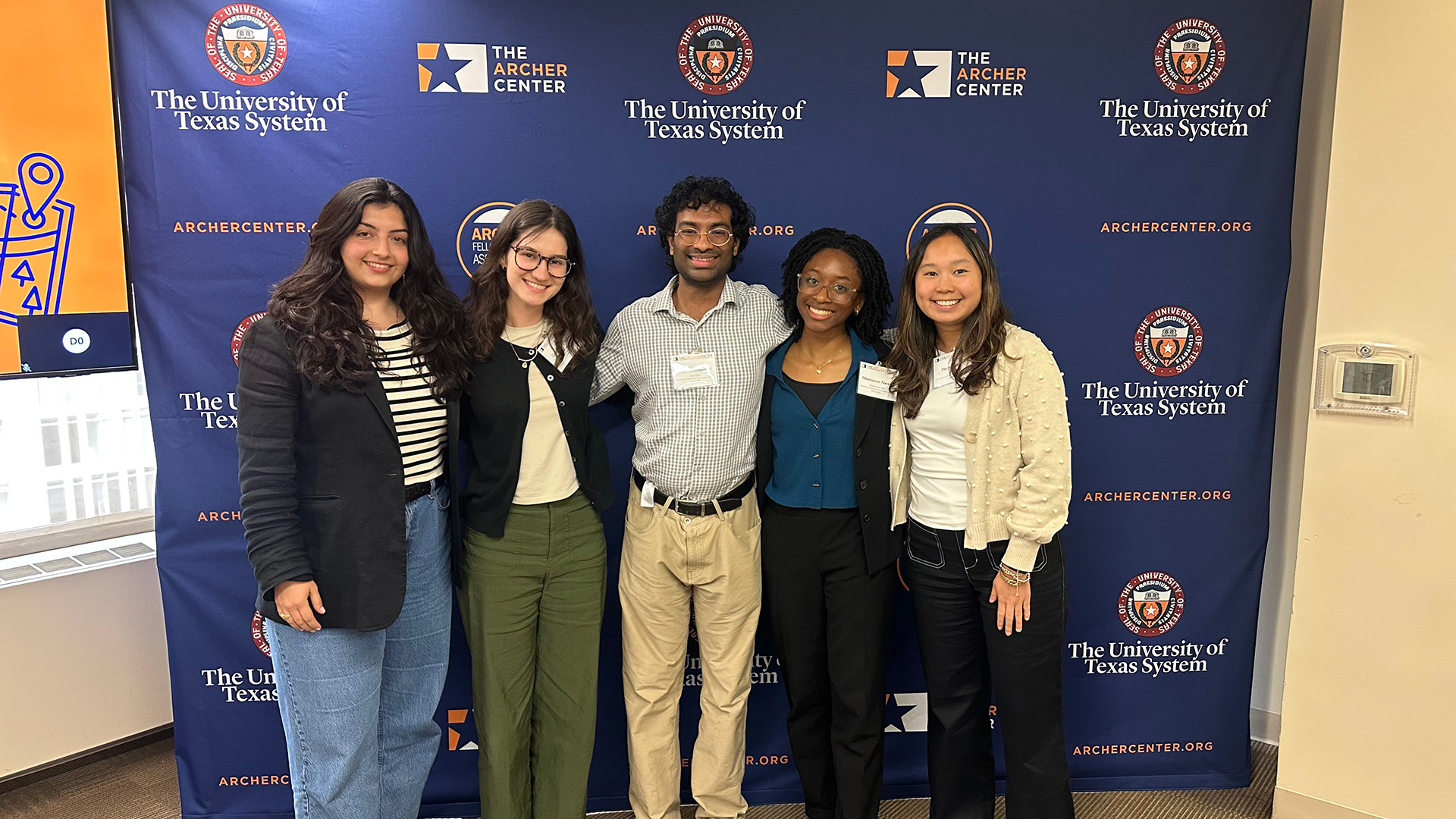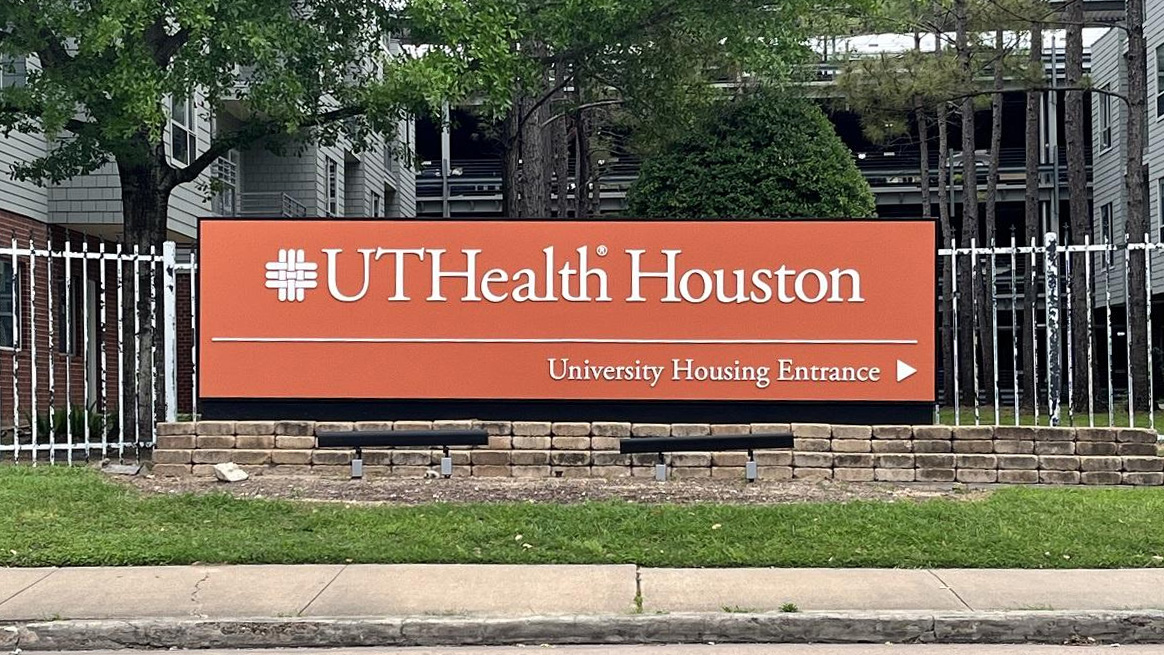As they work, study and play in Houston, the fourth largest city in the U.S., students can enjoy all aspects of a diverse city and campus. UTHealth Houston offers several amenities for students, and with Houston's year-round events, festivals, theaters, museums, and sports teams, fun is never far away.
Organizations
Discover student organizations—professional, social, & philanthropic groups that enrich your dental education & campus life.
Housing
The mission of University Housing is to provide a reasonably priced, well maintained, quality living environment to promote the academic success of students, faculty, and staff.
Student Portal
UTHealth Houston Student Affairs oversees a wide range of services and programs aimed at enhancing the overall student experience and promoting student success both inside and outside the classroom.
Houston Life
Find events, festivals, restaurants, shows, arts, nightlife, kids activities and even more things to do in Houston.




